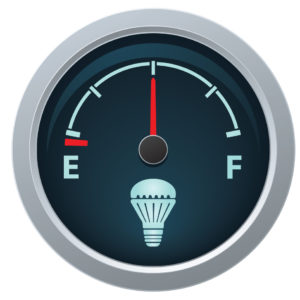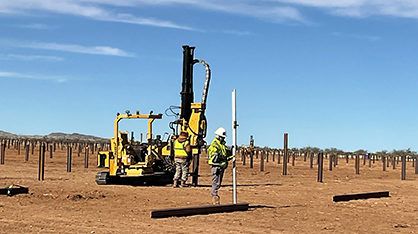Is it time to replace your HVAC system?
Is your heating, ventilation and cooling system (HVAC) 15 to 20 years old or has continued service issues? It may be time to consider installing a new, efficient Energy Star® system.
Here is a list of questions to consider before purchasing your new home HVAC system.
Should I replace all of my HVAC equipment at the same time?
Yes. You want to be sure that all the parts of your HVAC system work together properly. A mismatched system can lead to poor performance and not deliver the expected comfort and efficiency. Seal the duct work or replace, if needed. Ask your contractor to thoroughly inspect and pressure test your system for leaks to repair or replace, as needed.
What’s my house got to do with it?
Before you decide on an HVAC unit, look at making energy improvements to your home. Tuning up the home not only reduces operating costs but can mean a smaller, less expensive HVAC system can do the job. Your HVAC system must be designed to fit your home. The size, construction, orientation and location of your home affects the size of your HVAC system. But first, make sure your home is air tight with caulking, sealing/weather stripping and is properly insulated.
What size system do I need?
To ensure that your new HVAC system operates efficiently, ask your contractor to properly size your new system for your home.
An HVAC system that is too small cannot deliver adequate heating or cooling in extreme weather.
A system that is too large costs more and provides poor temperature and humidity control.
Consider using variable speed units to deliver great comfort year-round and to greatly lower your heating and cooling bill.
What type of system should I buy?
You have many choices when it comes to selecting an HVAC system. Here are some things to consider:
An electric split-system heat pump is a common choice for year-round heating and cooling.
The efficiency of a cooling system is expressed as a SEER (Seasonal Energy Efficiency Ratio) number. The higher the SEER (Cooling) rating and HSPF (Heating) rating the lower the operating cost.
Ductless or mini split heat pumps are a great choice, where possible.
Systems with higher SEERs and HSPFs cost more initially, but have lower operating costs.
How do I select a contractor to do the work?
Selecting the right contractor is critical to the performance of your new HVAC system. The contractor is responsible for determining the type and size of the system and explaining your options as well as installing the system. A good contractor also should provide a warranty and after‑sale service.
Don’t sweat your electric bill
Here are a few simple actions you can take this summer to reduce your energy use:
- During summer months, run large appliances that emit heat (like clothes dryers and dishwashers) during the evening when it’s cooler. This will minimize indoor heat during the day when outdoor temperatures are highest.
- Routinely replace or clean your air conditioner’s filter. Replacing a dirty, clogged filter can reduce your air conditioner’s energy consumption by 5 to 15 percent.
- When it’s warm out, avoid using the oven. Try cooking on the stove, using the microwave or grilling outside instead.
- Examine your smart or programmable thermostat. Make sure it is programmed for the current season and family schedule. This is one of the best tools at your fingertips, however, you can only achieve these efficiencies and savings if it is programmed properly and adjusted periodically to keep pace with changes in household routines.
- Air dry dishes. This step can cut your dishwasher’s energy use by up to 50 percent.

 SmartHub Log-in
SmartHub Log-in


 From a young age, Trico apprentice lineman Anthony Anaya dreamed of being a lineman. His father, Dan, has worked at Trico for 30 years.
From a young age, Trico apprentice lineman Anthony Anaya dreamed of being a lineman. His father, Dan, has worked at Trico for 30 years.
 This month I’d like to talk about one of our rate options. Trico’s Pay As You Go program is as simple as it sounds: Members pay for electricity before it is used, then use the electricity until the credit expires.
This month I’d like to talk about one of our rate options. Trico’s Pay As You Go program is as simple as it sounds: Members pay for electricity before it is used, then use the electricity until the credit expires.







